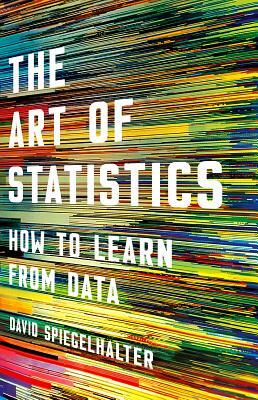
Social Mobility and Its Enemies
لا توجد تقييمات بعد
تنسيق
غلاف ورقي
صفحات
272
لغة
الإنجليزية
منشور
Mar 1, 2019
الناشر
Penguin UK
رقم ISBN-10
0241317029
رقم ISBN-13
9780241317020
الوصف
In an era marked by rising concerns over inequalities, a compelling examination of social mobility takes center stage. The authors delve into the complex interactions between socioeconomic status and educational opportunities. Through a nuanced exploration, they reveal how systemic barriers can stifle aspirations and perpetuate cycles of disadvantage.
Education, often heralded as the great equalizer, comes under scrutiny as the authors dissect its multifaceted role. They highlight instances where access to quality education does not necessarily lead to upward mobility. Instead, they argue that certain educational systems can entrench privilege, reinforcing existing disparities even further.
Personal narratives intersperse the analysis, bringing real-world implications to the forefront. The stories of individuals navigating this landscape illustrate the urgent need for reforms that truly enhance access and equity.
As they draw connections across various societal factors, the authors call for a reevaluation of the structures that sustain inequality. This thought-provoking work aligns educational policy with the broader aspirations of social justice, urging readers to reflect on the path toward a more equitable future.
Education, often heralded as the great equalizer, comes under scrutiny as the authors dissect its multifaceted role. They highlight instances where access to quality education does not necessarily lead to upward mobility. Instead, they argue that certain educational systems can entrench privilege, reinforcing existing disparities even further.
Personal narratives intersperse the analysis, bringing real-world implications to the forefront. The stories of individuals navigating this landscape illustrate the urgent need for reforms that truly enhance access and equity.
As they draw connections across various societal factors, the authors call for a reevaluation of the structures that sustain inequality. This thought-provoking work aligns educational policy with the broader aspirations of social justice, urging readers to reflect on the path toward a more equitable future.



















